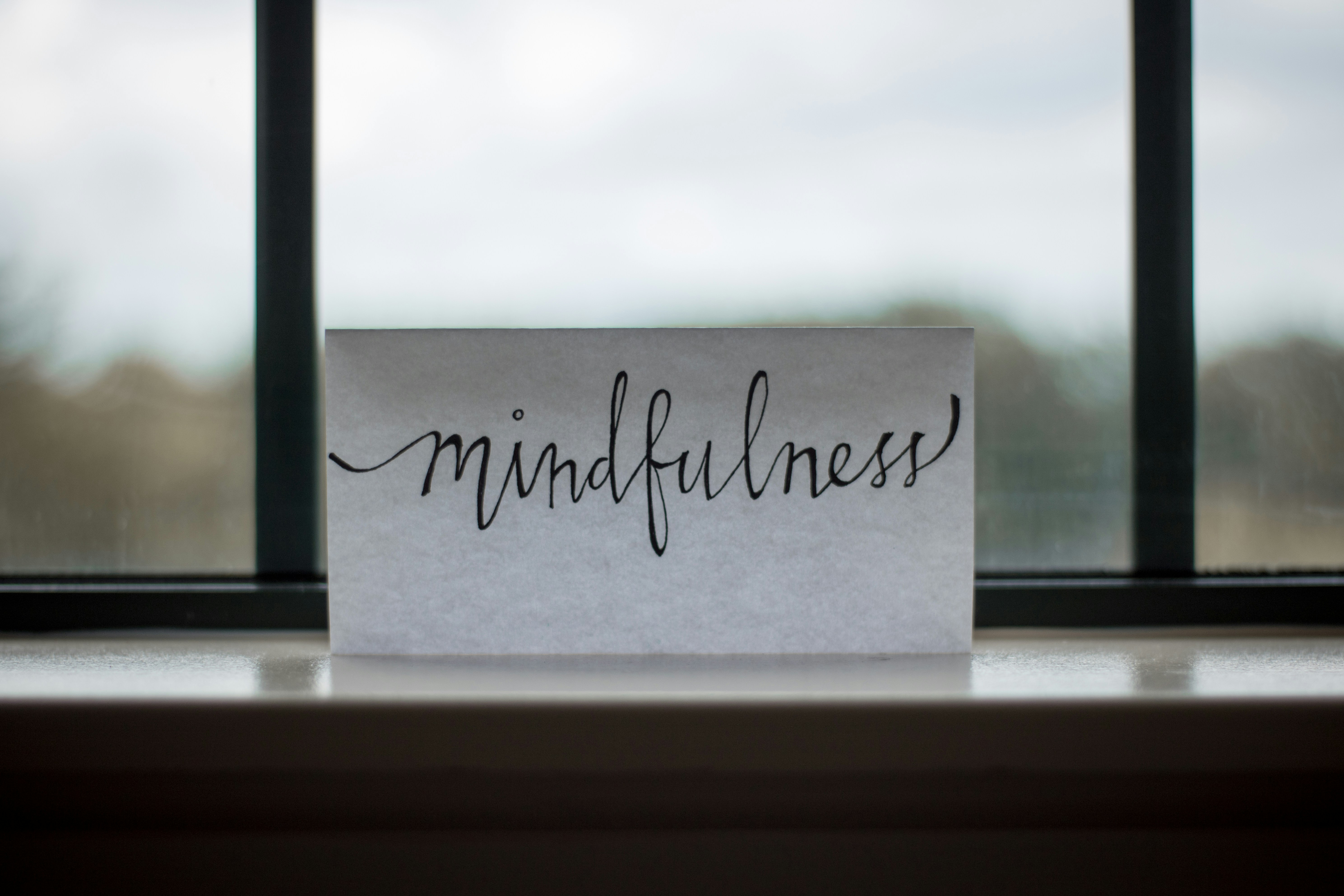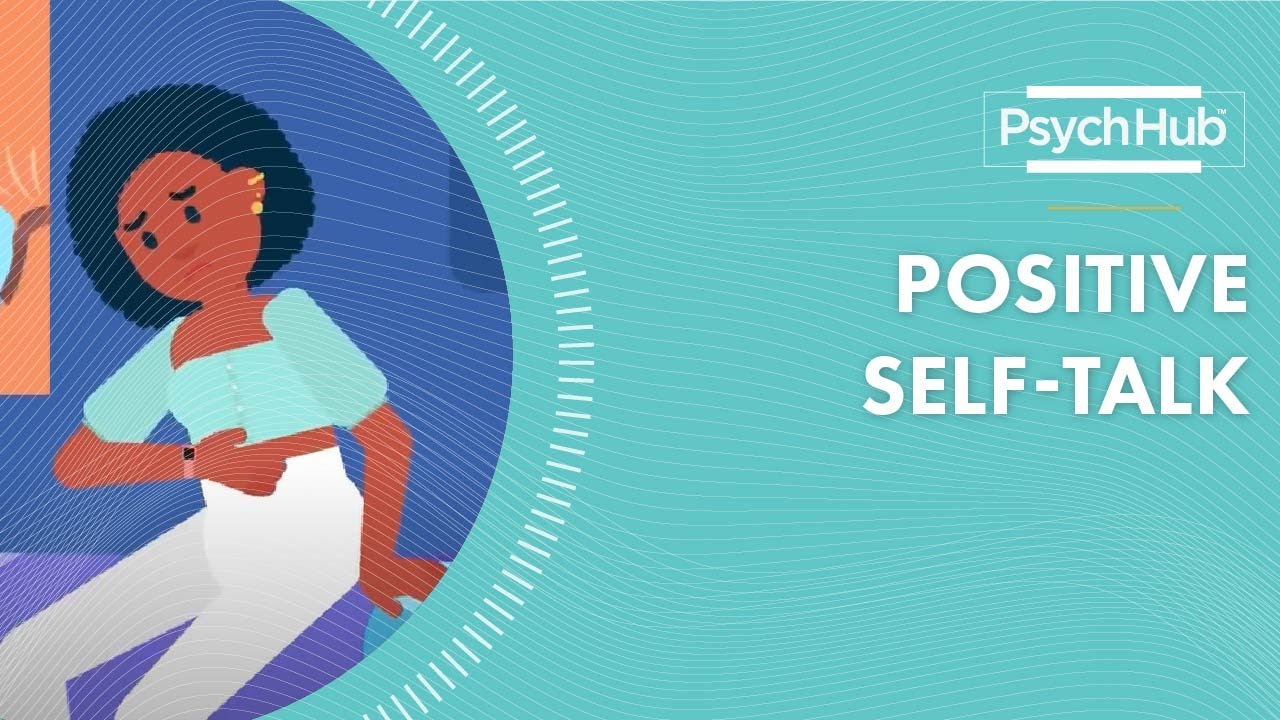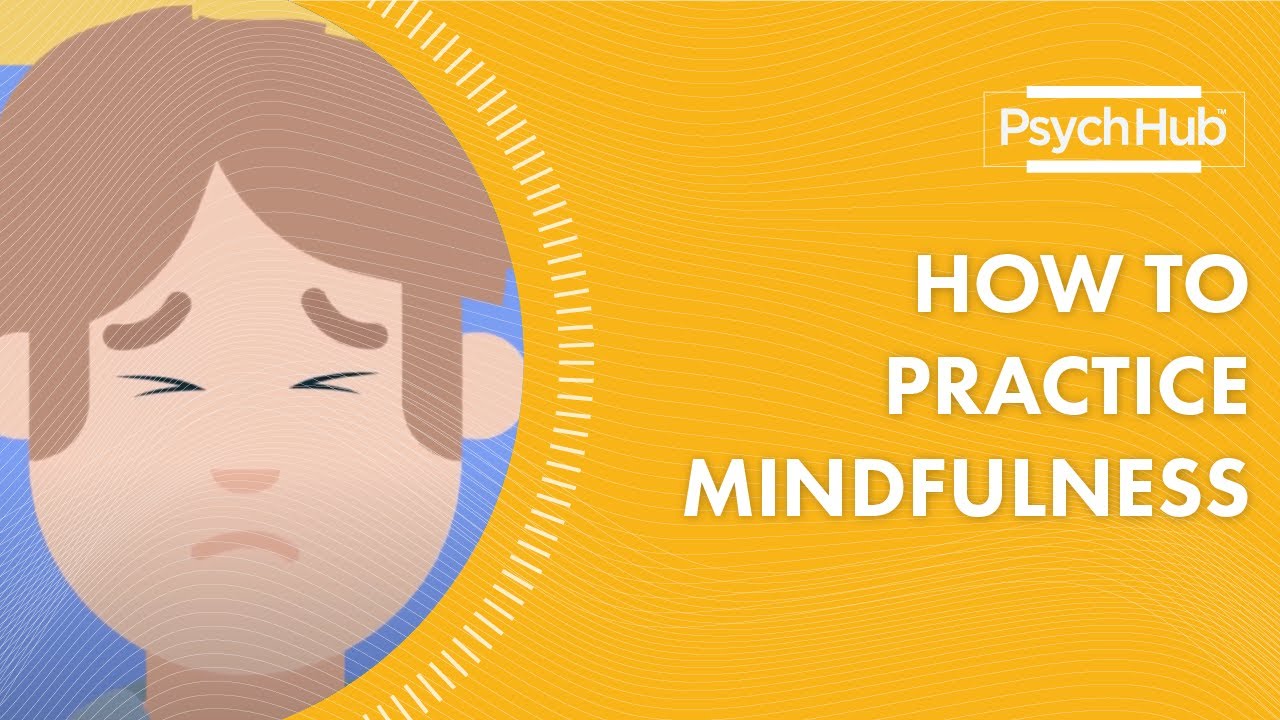Have you ever felt like life is moving so fast that you can hardly catch your breath? Maybe you’re juggling responsibilities at work, home, and in your personal life, and it seems like you’re always rushing from one thing to the next. You’re not alone. In today’s fast-paced world, it’s easy to feel overwhelmed and disconnected from what’s truly important. But what if there was a way to slow down, be more present, and transform your life for the better? This is where mindfulness comes into play.
Understanding Mindfulness
Mindfulness is the practice of being fully present and engaged in the current moment without judgment. It’s about observing your thoughts, feelings, and sensations as they arise, and accepting them without trying to change or fix them. This practice allows you to step back from the chaos of everyday life and find a sense of calm and clarity.
The Origins of Mindfulness
Mindfulness has roots in ancient Eastern traditions, particularly Buddhism. However, in recent years, it has been embraced by Western psychology and medicine as a powerful tool for mental and physical well-being. The mindfulness movement gained traction in the West largely thanks to Jon Kabat-Zinn, who developed the Mindfulness-Based Stress Reduction (MBSR) program in the late 1970s.
The Core Principles of Mindfulness
To practice mindfulness effectively, there are several core principles to keep in mind:
- Present Moment Awareness: Focusing on the here and now, rather than dwelling on the past or worrying about the future.
- Non-Judgment: Observing your experiences without labeling them as good or bad.
- Acceptance: Embracing your thoughts and feelings as they are, without resistance.
- Patience: Understanding that change and growth take time.
- Beginner’s Mind: Approaching each moment with fresh eyes, like a beginner, without preconceived notions.
Benefits of Mindfulness
Engaging in mindfulness practice can yield a multitude of benefits, ranging from reduced stress to improved interpersonal relationships. The key is consistency and a genuine commitment to being present.
Mental Health Benefits
One of the most widely recognized benefits of mindfulness is its positive impact on mental health. Studies have shown that regular mindfulness practice can significantly reduce symptoms of anxiety and depression. By anchoring your mind in the present moment, you can break free from the cycle of ruminating on past regrets or future worries.
Emotional Regulation
Mindfulness enhances your ability to regulate your emotions. It helps you become more aware of your emotional responses and offers you the tools to manage them effectively. Instead of reacting impulsively, mindfulness allows you to pause and respond thoughtfully.
Physical Health Benefits
The benefits of mindfulness extend to your physical health as well. Regular practice has been linked to:
- Lower Blood Pressure: Mindfulness can help reduce hypertension by promoting relaxation and stress reduction.
- Improved Sleep Quality: Being mindful can help you unwind and prepare your mind for restful sleep.
- Boosted Immune System: Mindfulness has been shown to enhance immune function, making your body more resilient to illness.
- Reduced Chronic Pain: Mindfulness helps you manage chronic pain by changing your relationship with discomfort, making it more bearable.
Self-Discovery
Through mindfulness, you can reconnect with yourself on a deeper level. This practice encourages introspection and self-awareness, helping you understand your thoughts, patterns, and behaviors. This self-understanding empowers you to make informed choices and foster personal growth.

Getting Started with Mindfulness
Starting a mindfulness practice may seem challenging at first, but with a few simple steps, you can begin to incorporate it into your daily routine.
Set Aside Time
Begin by setting aside a few minutes each day for mindfulness practice. It doesn’t have to be long; even five to ten minutes can make a significant difference. Choose a time when you won’t be interrupted, and find a quiet space where you can sit comfortably.
Focus on Your Breath
One of the easiest ways to start practicing mindfulness is to focus on your breath. Sit in a comfortable position, close your eyes, and take a few deep breaths. Notice how the air feels as it enters and exits your body. If your mind starts to wander, gently bring your attention back to your breath.
Body Scan
A body scan is another effective mindfulness technique. Starting from the top of your head and working your way down to your toes, pay attention to each part of your body. Notice any sensations, tension, or discomfort, and allow yourself to let go of any stress.
Mindful Eating
Next time you eat, try to do so mindfully. Pay attention to the colors, textures, and flavors of your food. Chew slowly and savor each bite. This practice can help you develop a healthier relationship with food and promote better digestion.
Mindful Walking
Mindful walking is a great way to incorporate mindfulness into your daily life. As you walk, focus on the sensations in your body, the feeling of your feet touching the ground, and the rhythm of your breath. Notice your surroundings without getting lost in thought.
Overcoming Challenges in Mindfulness Practice
Like any new habit, mindfulness can be challenging to maintain, especially in the beginning. Here are some common obstacles and strategies to overcome them:
Restless Mind
It’s natural for your mind to wander during mindfulness practice. When this happens, gently bring your focus back to your breath or chosen point of attention. Over time, you’ll find it easier to stay present.
Impatience
You might feel impatient or frustrated if you don’t see immediate results. Remember that mindfulness is a journey, not a destination. Be patient with yourself and trust the process.
Self-Judgment
Avoid judging yourself for finding mindfulness difficult. It’s essential to practice self-compassion and acknowledge that struggling is part of the learning process.
Inconsistency
Consistency is key to reaping the benefits of mindfulness. Try to set a regular schedule for your practice and stick to it. Even a few minutes each day can make a difference.
Deepening Your Practice
Once you’ve established a basic mindfulness routine, you may want to explore deeper practices and techniques.
Meditation
Meditation is a powerful form of mindfulness that involves focusing your mind on a particular object, thought, or activity. There are various types of meditation, such as:
- Loving-Kindness Meditation: Focusing on cultivating feelings of compassion and love towards yourself and others.
- Guided Meditation: Following a recorded voice that leads you through a mediation.
- Transcendental Meditation: Using a mantra to settle the mind and achieve a state of deep relaxation.
Mindfulness in Daily Activities
You can incorporate mindfulness into everyday activities, such as washing dishes, cooking, or even brushing your teeth. By paying full attention to these tasks, you can find joy and peace in the mundane.
Mindfulness Courses and Apps
There are numerous courses and apps designed to help you deepen your mindfulness practice. Some popular options include:
| Course/App | Description |
|---|---|
| Headspace | Offers guided meditations and mindfulness exercises for all levels. |
| Calm | Features meditations, sleep stories, and relaxation techniques. |
| Mindfulness-Based Stress Reduction (MBSR) | An 8-week course developed by Jon Kabat-Zinn, available in many cities and online. |
| Insight Timer | A free app with a large library of guided meditations. |
The Role of Mindfulness in Interpersonal Relationships
Mindfulness doesn’t just benefit you individually; it can also enhance your relationships with others.
Active Listening
Mindfulness teaches you to listen actively, paying full attention to the speaker without planning your response or getting distracted. This can lead to more meaningful and effective communication.
Empathy and Compassion
By being fully present with others, you can develop greater empathy and compassion. You’ll be more attuned to their feelings and needs, which can strengthen your relationships.
Conflict Resolution
Mindfulness can help you approach conflicts with a calm and balanced mindset. You’ll be better equipped to handle disagreements without becoming reactive or defensive.
Mindfulness and Professional Life
Incorporating mindfulness into your professional life can lead to increased productivity, creativity, and job satisfaction.
Improved Focus
Mindfulness enhances your ability to concentrate and stay focused on tasks. By being present, you can work more efficiently and effectively.
Stress Management
Mindfulness is a powerful tool for managing work-related stress. Practicing mindfulness can help you stay calm under pressure and navigate challenging situations with ease.
Enhanced Creativity
By clearing your mind of clutter and distractions, mindfulness can boost your creative thinking. You’ll be more open to new ideas and solutions.
Scientific Evidence Supporting Mindfulness
The benefits of mindfulness are not just anecdotal; they are backed by a growing body of scientific research.
Reduced Anxiety and Depression
numerous studies have shown that mindfulness can significantly reduce symptoms of anxiety and depression. For example, a 2010 meta-analysis published in the Journal of Consulting and Clinical Psychology found that mindfulness-based therapy was effective in reducing anxiety and depression across a range of clinical populations.
Enhanced Cognitive Function
Research has demonstrated that mindfulness can improve cognitive functions such as attention, memory, and executive function. A 2007 study published in PLOS Biology found that mindfulness meditation training improved participants’ ability to sustain attention and process information more efficiently.
Physical Health Benefits
Mindfulness has been linked to various physical health benefits. A 2014 review published in JAMA Internal Medicine found that mindfulness meditation was associated with reduced stress, lower blood pressure, and improved immune function.
Improved Quality of Life
Overall, mindfulness can lead to a better quality of life. A 2011 study published in the European Journal of Psychotherapy & Counseling found that mindfulness practitioners reported higher levels of life satisfaction, well-being, and happiness compared to non-practitioners.

Mindfulness and Post-Traumatic Growth
Mindfulness can play a crucial role in post-traumatic growth, which refers to the positive psychological change experienced as a result of adversity and challenges.
Healing Trauma
Mindfulness helps individuals process and heal from trauma by allowing them to face their emotions without being overwhelmed. It promotes self-compassion and acceptance, which are essential for healing.
Building Resilience
Through mindfulness, individuals can develop resilience and adaptability. By accepting and embracing life’s challenges, they can grow stronger and more capable of handling future adversity.
Finding Purpose
Mindfulness can help individuals discover a renewed sense of purpose and meaning in life after trauma. By turning inward and reflecting on their experiences, they can identify what truly matters to them and take steps towards a fulfilling life.
Practical Tips for Incorporating Mindfulness into Your Life
Incorporating mindfulness into your daily routine doesn’t have to be complicated. Here are some practical tips to help you get started:
Start Small
Begin with just a few minutes of mindfulness practice each day. Gradually increase the duration as you become more comfortable.
Be Consistent
Consistency is key. Try to practice mindfulness at the same time each day to build a habit.
Create a Mindful Space
Designate a specific area in your home for mindfulness practice. This could be a corner of a room with a comfortable chair or cushion.
Use Reminders
Set reminders on your phone or place sticky notes around your home to prompt you to practice mindfulness throughout the day.
Practice Gratitude
Incorporate gratitude into your mindfulness practice by reflecting on things you’re thankful for each day.
Conclusion
Mindfulness is a powerful tool for transforming your life. By being fully present and embracing each moment without judgment, you can reduce stress, improve your mental and physical health, and deepen your relationships. It’s a journey of self-discovery and personal growth that can lead to a greater sense of peace and purpose. Start small, be patient with yourself, and remember that mindfulness is a practice that can benefit every aspect of your life.





